The Diary of a Nose by Jean-Claude Ellena

Yesterday we were invited to attend the UK launch of Jean-Claude Ellena’s book The Diary of a Nose. You may not have heard of Jean-Claude before, but you are likely to have smelt one of his creations, as Mr Ellena is the man behind the making of fragrances brought out by Yves Saint Laurent, Laura Ashley, Balenciaga, Christian Lacroix, Giorgio Armani and is head perfumer for Hermès. 
The man himself was present at the event held at Kettner’s, London, to answer questions about his work as a perfumer. The Diary of a Nose is the second book to be published by the well-respected artist. The book looks at his own personal diary recorded over 12 months, and aims to give readers an insight into what goes into his work. “Many people don’t realise what we as perfumers really do,” explains Ellena, “the life of a perfumer is very complex, the process itself is a very lengthy one. Sometimes it can take hundreds of attempts before a perfume is finally approved.” As he is based in the French countryside rather than the bustling midst of Paris, he works alone, rather than seeking constant approval from large marketing teams; he prefers it that way, with only the head of Hermès to answer to, who he shares a good understanding with.
He was made the luxury brand’s first ‘parfumeur exclusif’ in 2004. Speaking of his admiration for the design house, he says: “When you go into Hermès and you see the work they are doing, the craftsmen making bags, scarves and all these things, you think this is something great, more than a product, this is an art form.” He also hopes people now also see perfumery as an art form. “People now focus on the technical side of Perfumery,” he goes on to say, “but we forget the art, and without the art, there is nothing. When we focus on the technical side, we forget the art, the magic of perfumery.” He describes himself as an illusionist, for example, when he created a perfume with the T note: “Everybody would ask ‘which tea did you use?’ And in fact I didn’t use any tea; I created the illusion.”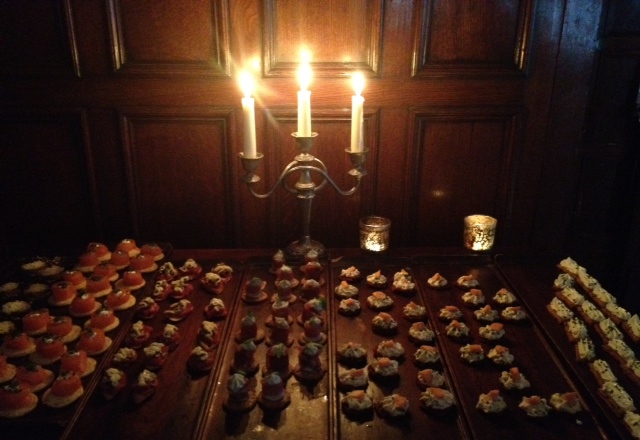
The son of a perfumer, when asked what made him decide to choose this particular career path, he explained: “My father never used to talk about his work, my mother wasn’t even interested in his work, so I suppose I wanted to be a perfumer to find out what it was my father did.” It seems good noses run in the family, as Jean-Claude’s daughter, Celine, has also chosen the same path.
Jean-Claude is inspired by his travels, and lists his olfactory encounters in his notebook: encounters in botanical gardens, market stalls and spice markets. Not all of his encounters are pleasant however, as he recalls one particular encounter whilst on a plane to Paris. He recognised the woman sitting next to him was wearing First – one of the first perfumes he created in 1976 – but unfortunately it was masked by the smell of sweat and cigarettes. He says he also appreciates the human smell, and tries to capture the human smell in his perfumes. 
He also doesn’t like the concept of labelling fragrances male or female, and 60% of Hermès fragrances have no gender; he’d rather refer to them as unisex, preferring to describe them as ‘shared’. “The idea is not for a man to wear the perfume of his wife, but to be curious, to ignore the social codes, the cultural codes which are mainly based on a commercial value. Then to be open-minded which means being able to wear women’s fragrances if a man likes one.
Comparing his work to the art form of writing, he says, “The idea that the smells are words, my words to write (this verb is important for me) explains my way of thinking the perfume. I believe that the perfume is a cultural language, not universal as can be the music today. It is necessary to learn the smell to understand the perfume. We can like without understanding, but it is to do without certain enjoyments.”
He admits he prefers subtle versus overpowering scents and he goes on to say: “I want my olfactive language to be harmonious, pleasant to ‘listen to’ because it’s moderate, and doesn’t support the concept of noise and shouting. In a way, it’s the very French way of literature for statement of love; it’s not just a chance that French is the language for love.”
Jean-Claude’s book is available now. Click here to take a look.
Siobhan Copland


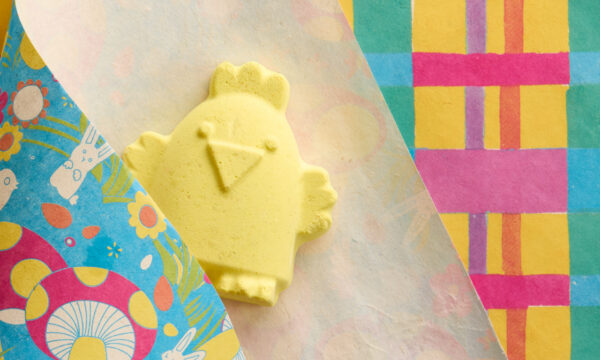
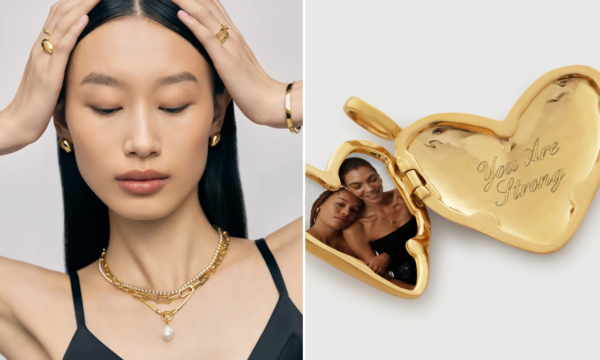


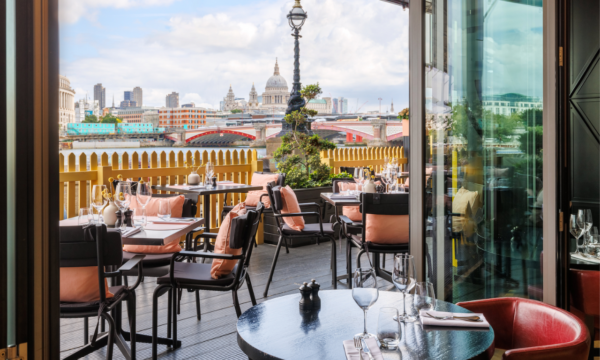

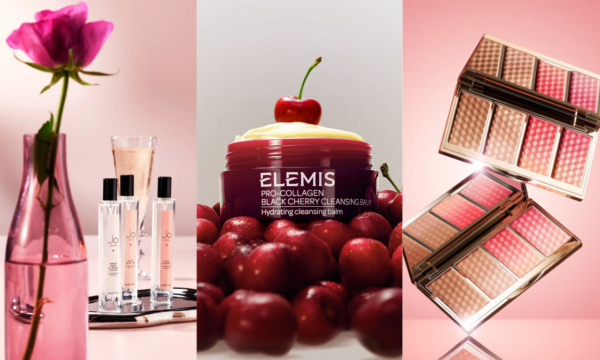
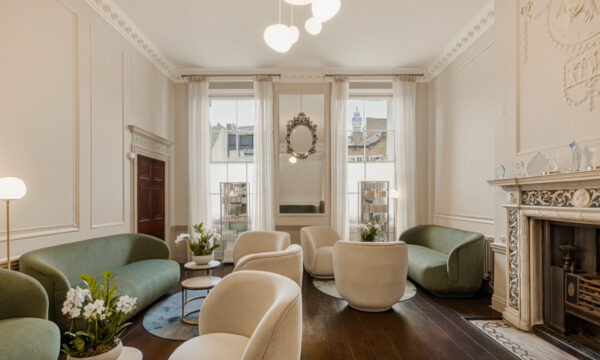














Facebook
Twitter
Instagram
YouTube
RSS